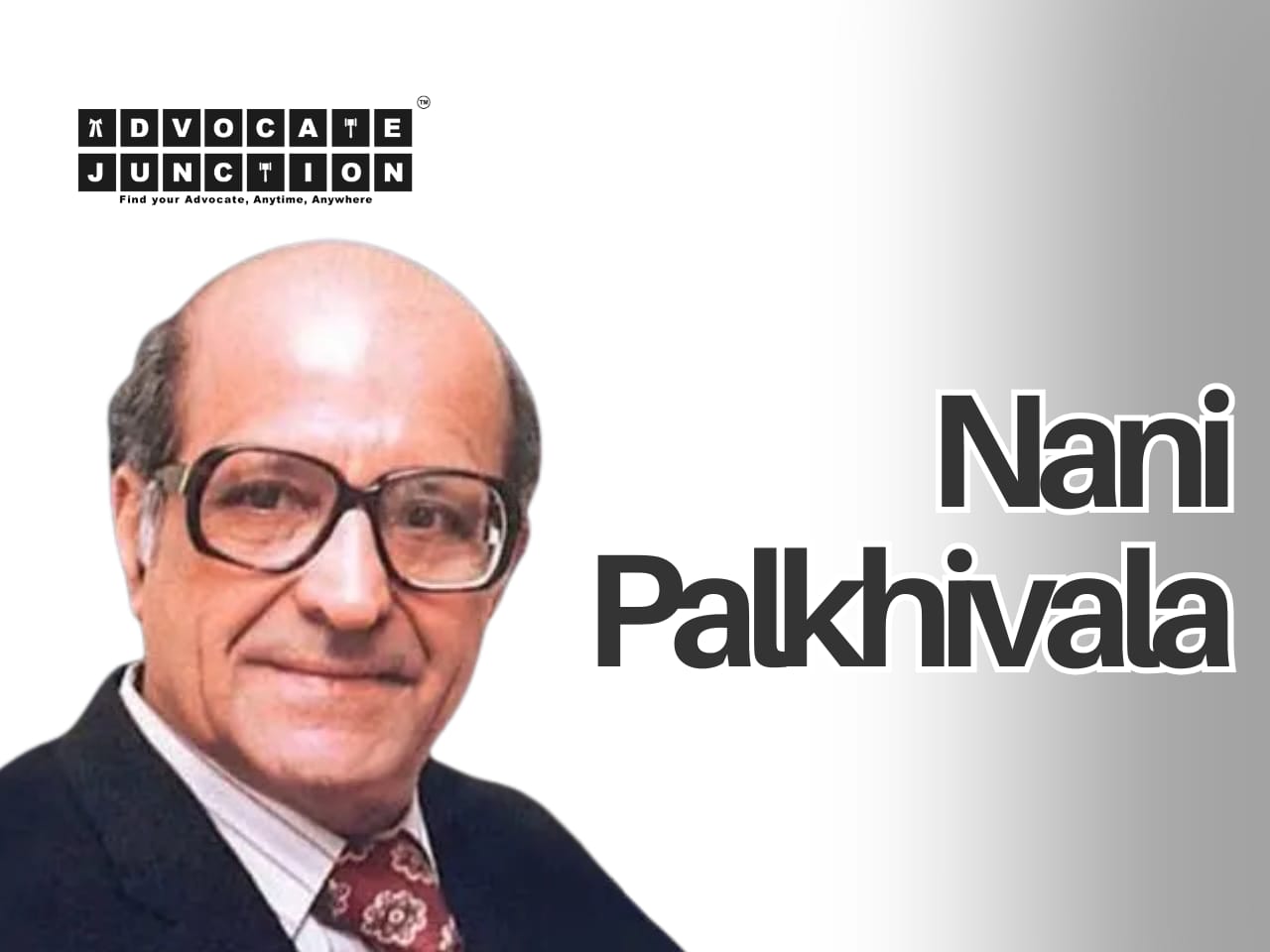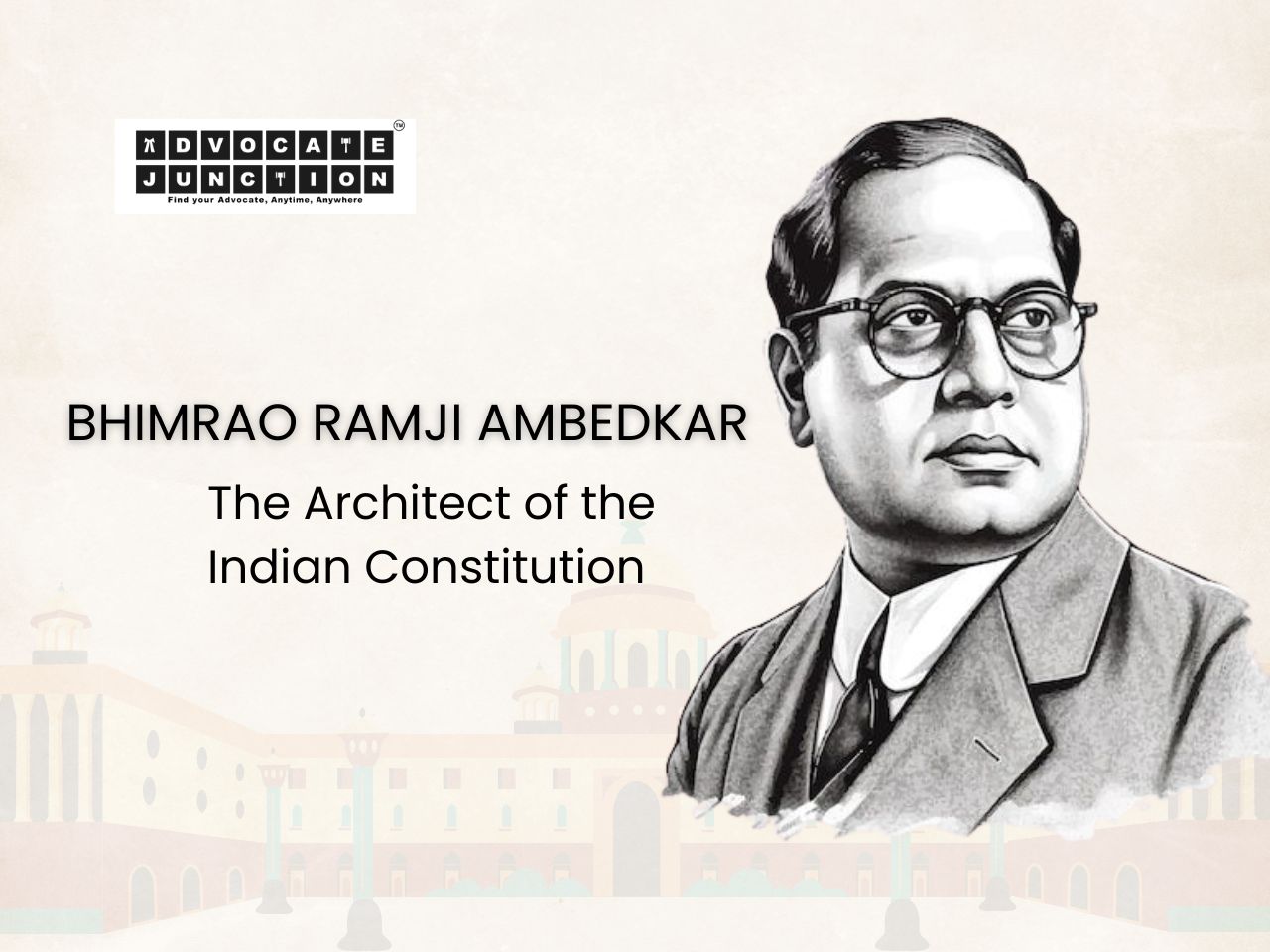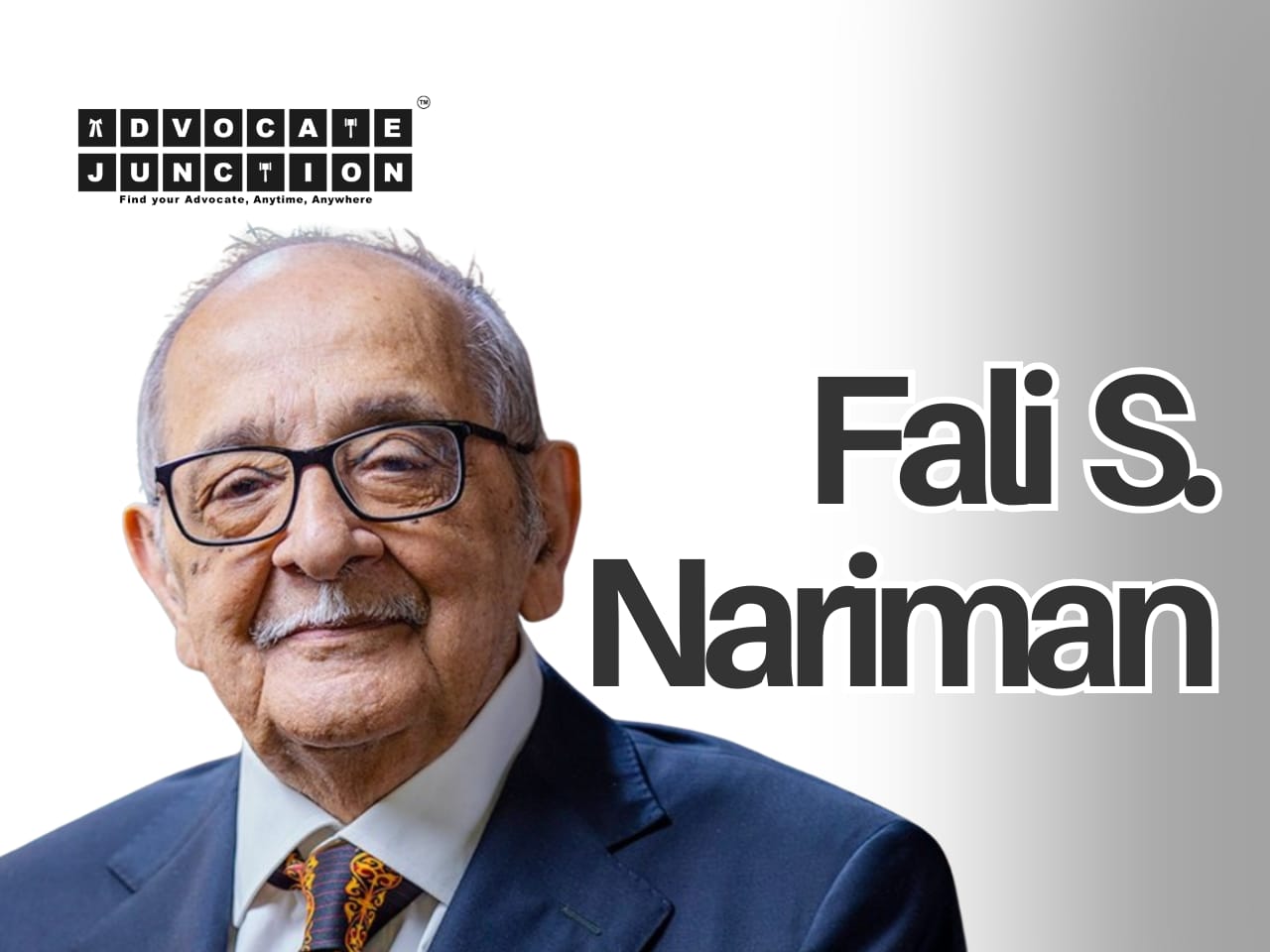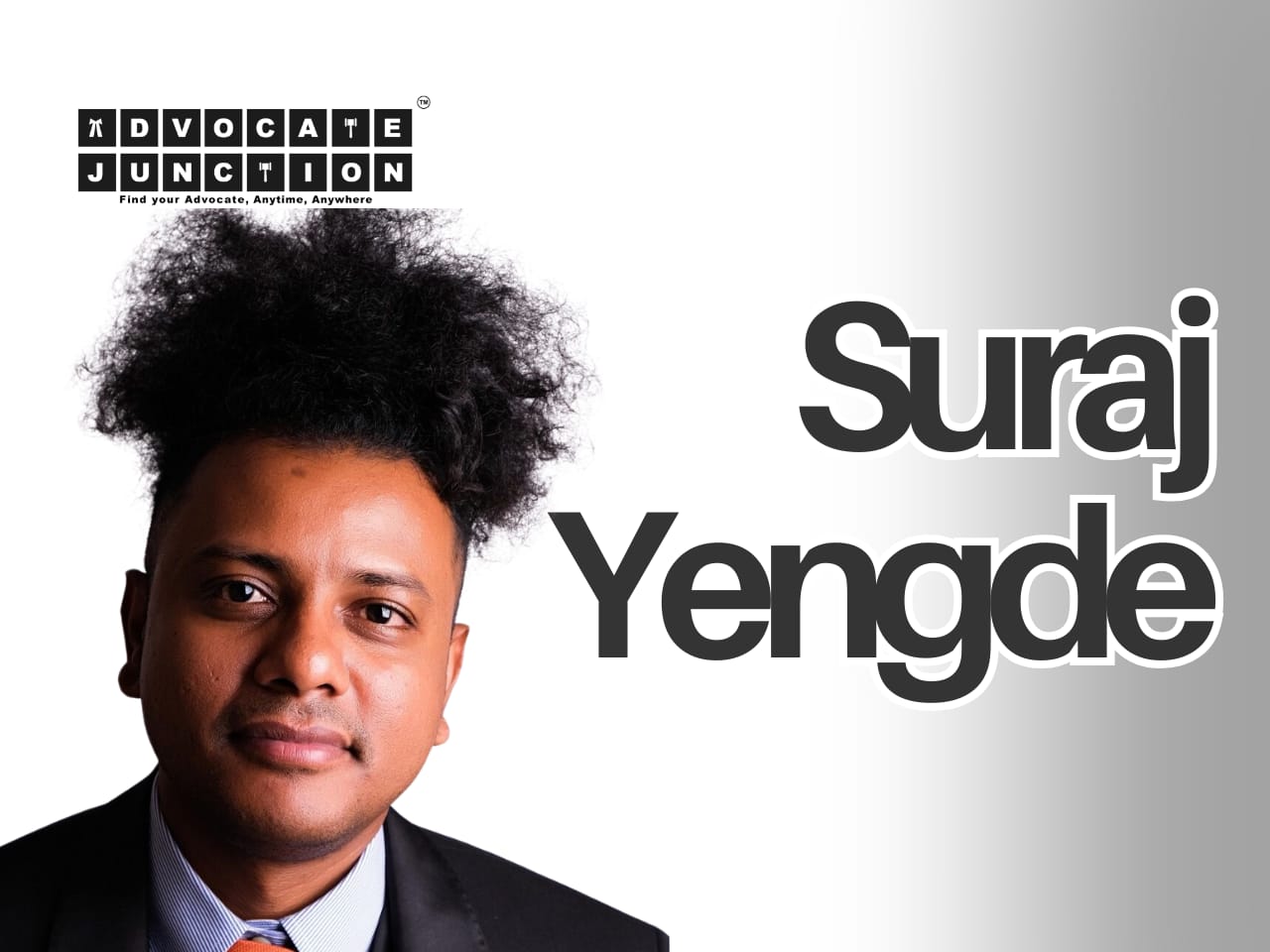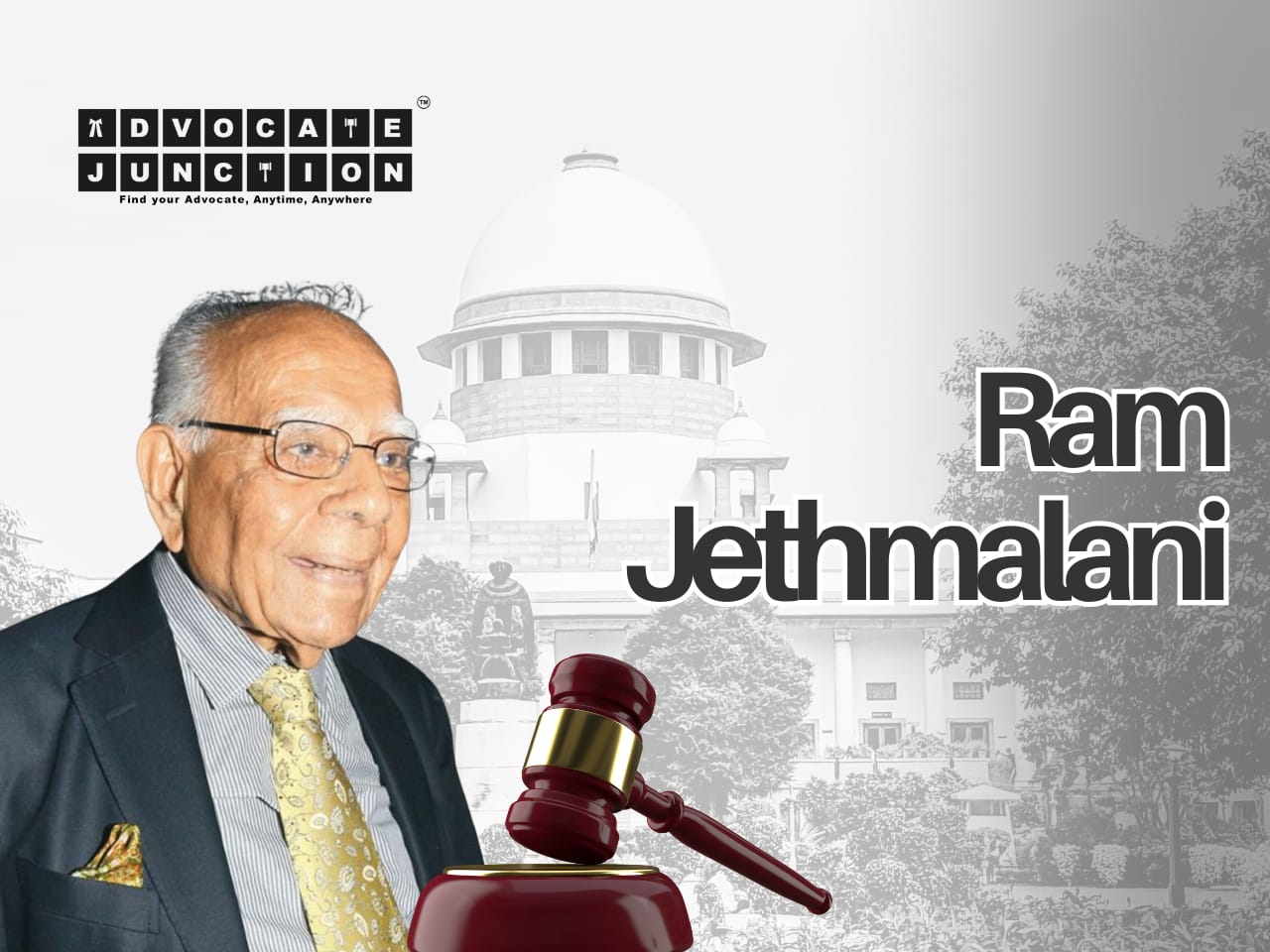Nanabhoy “Nani” Ardeshir Palkhivala was an eminent Indian jurist, constitutional expert, economist, and diplomat whose contributions to Indian jurisprudence and constitutional interpretation remain unparalleled. Revered for his brilliant advocacy, eloquence, and deep understanding of constitutional philosophy, Palkhivala played a pivotal role in shaping India’s legal landscape.
Early Legal Career and Rise to Prominence
Palkhivala was called to the Bar in 1946, initially specializing in commercial and tax law. His early years in practice saw him assisting Sir Noshirwan Engineer in Nusserwanji Balsara v. State of Bombay (1951), where he challenged provisions of the Bombay Prohibition Act. Although he lost his first constitutional case regarding the validity of the Land Requisition Acts, his perseverance and legal acumen soon catapulted him to national prominence.
Landmark Constitutional Cases and the “Basic Structure” Doctrine
Palkhivala’s reputation as a constitutional luminary was cemented through his stellar arguments in some of India’s most consequential cases:
- Golaknath v. State of Punjab (1967): This case laid the groundwork for limiting Parliament’s power to amend fundamental rights, arguing that the Constitution was a living document that could not be subject to political whims.
- Kesavananda Bharati v. State of Kerala (1973): Palkhivala led the arguments in this historic case, which resulted in the Supreme Court establishing the Basic Structure Doctrine. The ruling ensured that while Parliament had the power to amend the Constitution, it could not alter its “basic structure”, preserving democratic principles and fundamental rights. This case remains one of the most significant in India’s constitutional history.
- Minerva Mills Ltd. v. Union of India (1980): Seven years later, Palkhivala successfully challenged Clause 4 of Article 368, which sought to exclude constitutional amendments from judicial review. The Supreme Court ruled that judicial review is an essential part of the Constitution, reinforcing the limitations on parliamentary supremacy.
The 1975 Emergency and the Judiciary Crisis
Following the declaration of Emergency in 1975 by then-Prime Minister Indira Gandhi, a 13-judge bench was hastily convened under Chief Justice A.N. Ray to reconsider the Kesavananda Bharati verdict. This move was widely perceived as an attempt to overturn the Basic Structure Doctrine, thereby allowing unrestricted parliamentary amendments.
On November 10, 1975, however, Chief Justice Ray abruptly dissolved the bench without explanation, a decision that remains a controversial moment in Indian legal history. Justice H.R. Khanna, known for his dissent in the Habeas Corpus Case, later praised Palkhivala’s advocacy, stating:
“It was not Nani who spoke, it was divinity speaking through him.”
Several judges opined that the level of legal reasoning and eloquence displayed by Palkhivala in the Kesavananda case had never been, and perhaps never would be, equaled in the Supreme Court of India.
Diplomatic Role and Public Influence
Apart from his legal career, Palkhivala also served as India’s Ambassador to the United States (1977–1979) during the Janata Party government, playing a significant role in strengthening Indo-US relations. His diplomatic tenure was marked by intellectual clarity and persuasive negotiation skills.
A prolific speaker and writer, Palkhivala’s annual budget speeches became legendary, drawing thousands of attendees eager to hear his economic analysis. His book, “We, the People,” remains a seminal work on the Indian Constitution and democracy.
Legacy and Impact
Nani Palkhivala was not just a lawyer but a visionary who saw the Indian Constitution as a living testament to democracy, justice, and individual freedom. He believed in Thomas Jefferson’s philosophy that the Constitution must evolve with the progress of human intellect.
His legal battles ensured that the founding principles of the Indian Constitution remained intact, safeguarding democracy against authoritarian tendencies. Even today, his arguments in the Kesavananda and Minerva Mills cases serve as guiding principles for constitutional interpretation and judicial independence in India.
Conclusion
Few lawyers in India’s history have left such a profound impact as Nani Palkhivala. His sharp intellect, persuasive advocacy, and unwavering commitment to constitutional democracy have enshrined him as one of India’s greatest legal minds. His legacy continues to inspire lawyers, judges, and policymakers, reminding them of their duty to uphold the spirit of justice and liberty.



